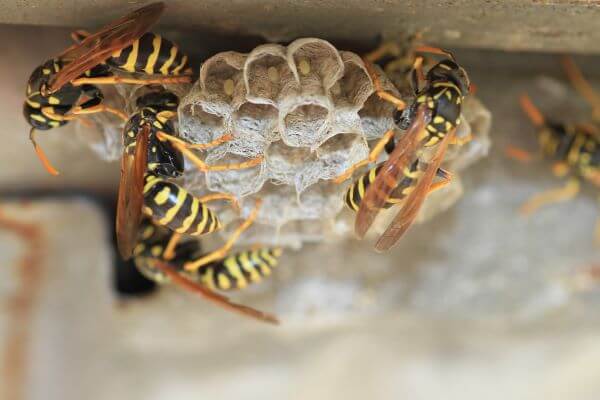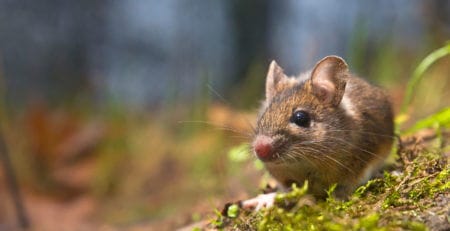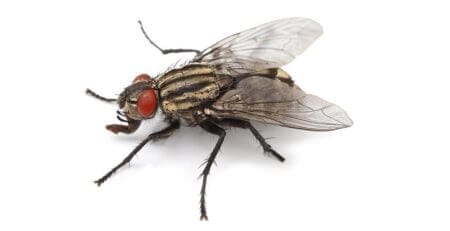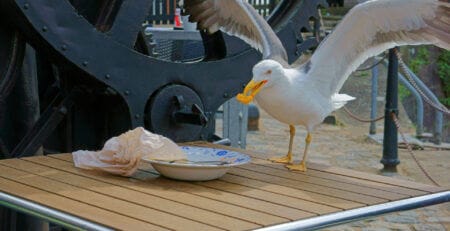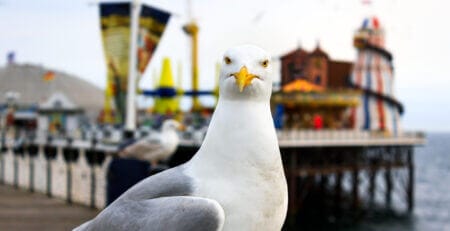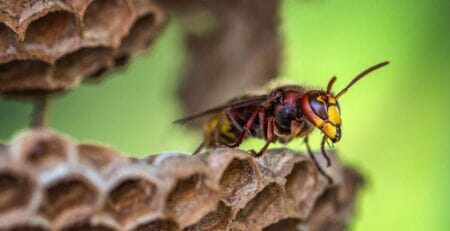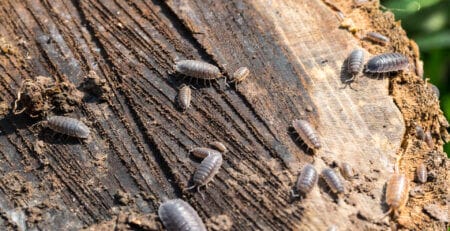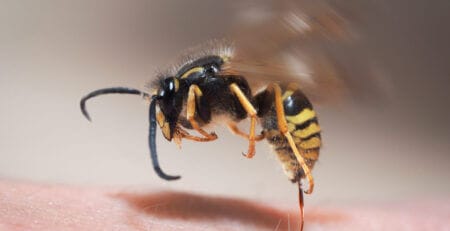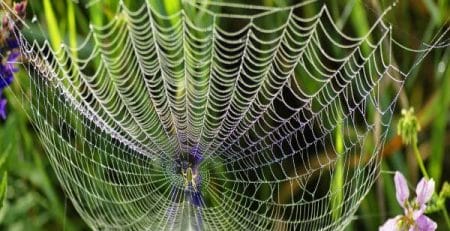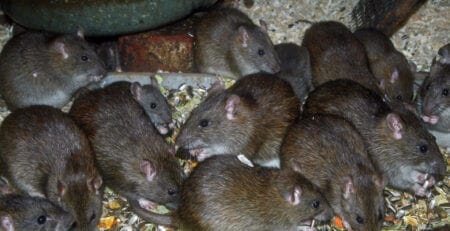The Life Cycle of Wasps: A Comprehensive Guide
Wasps are a common pest that can cause problems for homeowners and businesses alike. Understanding the life cycle of wasps can be useful in identifying the best method of control. In this article, we’ll take a closer look at the life cycle of wasps, from egg to adult, and provide some helpful tips on controlling these pesky insects. If you need further information or assistance with wasp control, Pest Control Direct is a helpful source of information and solutions.
Egg Stage The life cycle of a wasp begins when the queen wasp lays her eggs. The queen wasp is responsible for laying all the eggs in the colony, which can number in the thousands. The eggs are small and white, and they are laid in the cells of the wasp nest.
Larva Stage Once the eggs hatch, the larvae emerge. The larvae are small and white, and they resemble maggots. The queen wasp feeds the larvae with protein-rich food, such as insects and spiders, which she has collected.
Pupa Stage After a few weeks, the larvae spin cocoons around themselves and enter the pupa stage. During this stage, the larvae transform into adult wasps. The pupa stage can last for several weeks, depending on the species of wasp and the temperature.
Adult Stage Once the wasp has fully developed, it emerges from the cocoon as an adult. The adult wasp is responsible for building and maintaining the nest, as well as foraging for food and protecting the colony. The lifespan of an adult wasp can vary depending on the species, but it can range from a few weeks to several months.
Controlling Wasps
Pest Control Direct is a helpful source of information and solutions for wasp control, offering a range of products and services to help you get rid of wasps quickly and safely. Some effective methods of controlling wasps include using wasp traps, applying insecticide to the nest, and sealing up any gaps or cracks in your property to prevent wasps from entering.
It’s important to remember that wasps play an important role in the ecosystem by controlling other pests, such as spiders and caterpillars.
In conclusion, understanding the life cycle of wasps can be useful in identifying the best method of control. By following the tips outlined in this article and seeking professional help from Pest Control Direct, you can successfully manage wasp infestations and keep your property pest-free.

